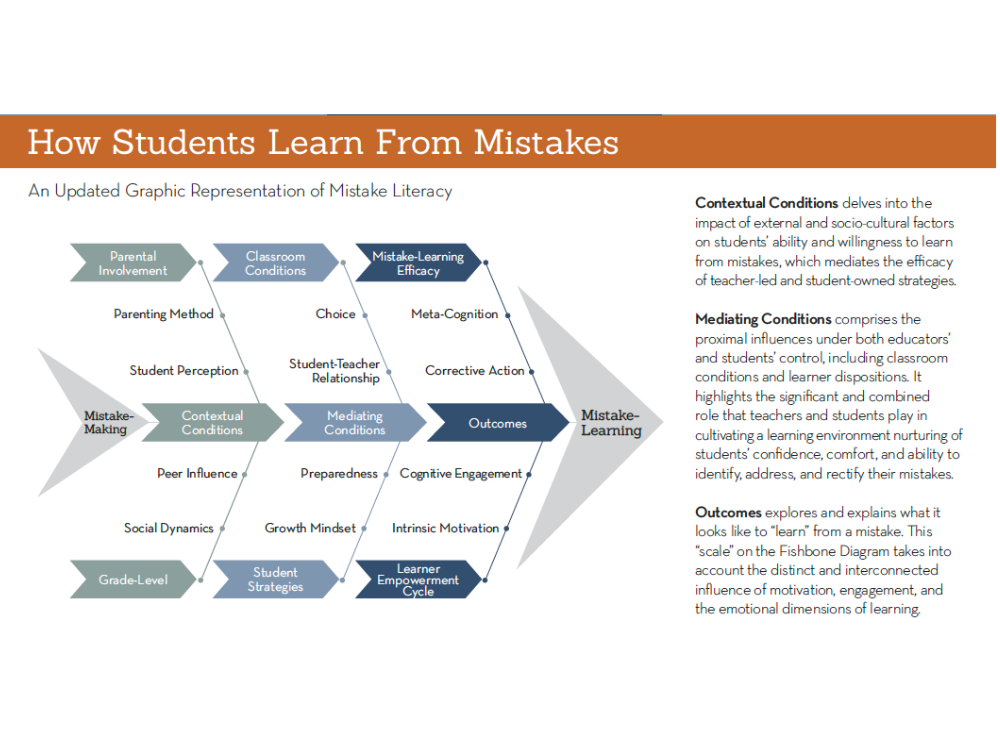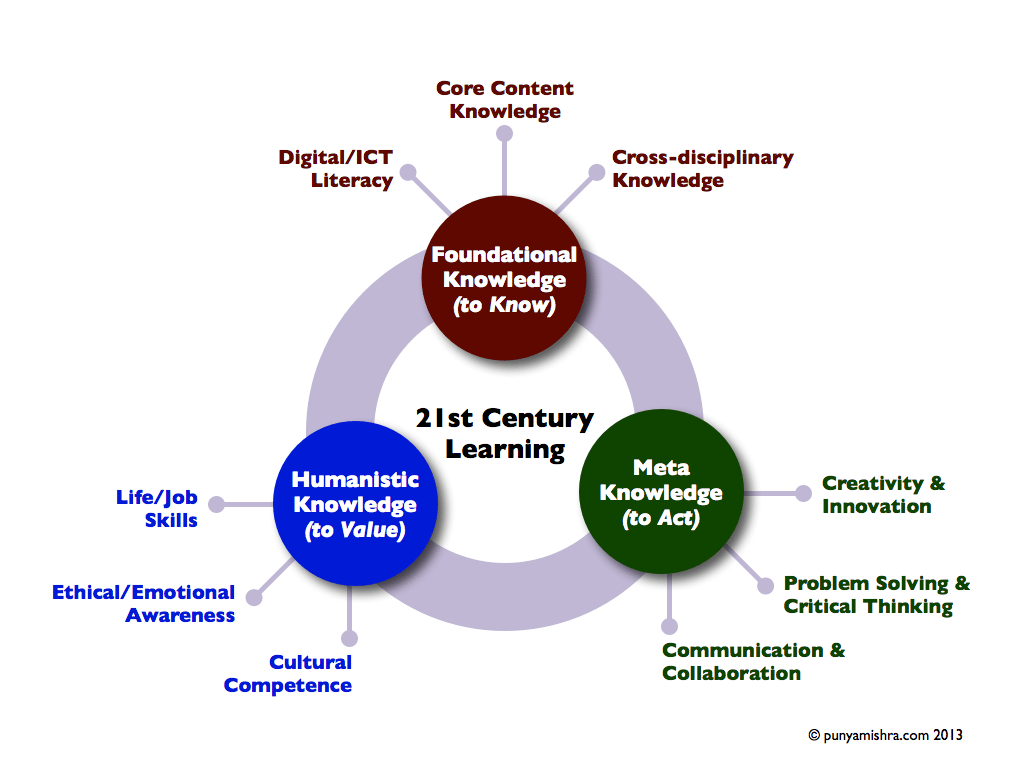added by Dr. Zak Cohen
In 2009, President Obama spoke with a team of trainees at Wakefield Senior high school in Arlington, Virginia.
As somebody who had readily and unabashedly admitted to his errors as a young people and how these mistakes informed the adult he had actually ended up being, he humbly but stridently impressed upon his audience the value of gaining from one’s errors. “You can not allow your failings specify you– you need to let them show you” (Obama,2009 Any person listening to this speech would usually nod along to President Obama’s unsupported claims.
Nonetheless, these knowing responds mask the lengthy, complicated relationship mistake-making has with education and learning in the USA.
Stemming from research performed in the 1920 s, errors have mostly been viewed as troubles that ought to be eliminated in our class. In 1922, the associationist theory of maths started to grow the belief that mistakes result from an absence of drill and mastery of number realities (Thorndike & & Woodyard,1922
What The Research States Concerning Knowing From Mistakes
These searchings for were even more set in the cumulative psyche of American instructors in the 1960 s when Terrace (1966 revealed that “pigeons might be taught to discriminatively peck a red circle in contrast to an eco-friendly circle by being strengthened as though they never ever pecked the eco-friendly circle, that is, the pigeons executed in an errorless fashion” (Terrace, 2001, p.9 This searching for, whether correctly translated or otherwise, pressed education towards an errorless version of teaching– the reasoning being that if a bird can find out to remove errors, so too can a youngster.
Later on in the years, Ausubel (1968 ordered this arising interpretation by warning of the risks blunders existing to the discovering procedure, recommending that “enabling [students] to make mistakes motivates them to practice incorrect and inefficient methods that will certainly cause problem because they are tough to overwrite later on with proper techniques” (Ausubel, 1968, p.25 Somewhat, there is a logic to this idea that dedicating errors will reinforce and entrench the neural pathways responsible for this erroneous thinking; however, current study has actually ended simply the contrary.
See likewise Ways To Assist Students Learn From Their Blunders
The significance of picking up from errors is resembled extensively throughout the literature and around the world. Research studies from the Philippines, Germany, and Hong Kong wrap up that there is a strong relationship between mistake-making and discovering, with one research study from the United States of America also saying that “an unwarranted reluctance to engage with mistakes has actually kept back American education” (DeBrincat, 2015; Metcalfe, 2017; Quieng et al., 2015; Song,2018
Contemporary research argues that “… making errors can significantly help with brand-new learning … improve the generation of appropriate feedbacks, assist in energetic knowing, [and] stimulate the student to direct attention properly …” (Metcalfe, 2017, p.472 As a matter of fact, though it is probably not user-friendly, Richland et al. (2009 located that error generation is positively correlated to enhanced memory.
Mistakes take place at the edge of understanding and experience; therefore, mistakes should be approved not just as a result of knowing. Mistakes aren’t simply useful; they are the keyhole that provides a truthful look right into the one-of-a-kind nature of a protean system like knowing (Lewis,2017 As a matter of fact, humans are already inclined to learning from their mistakes.
The Neuroscience Of Making Blunders
When an individual dedicates a mistake, succeeding activity is delayed by a sensation called post-error slowing (PES). PES describes the propensity of individuals to slow down on an existing test after having actually committed a mistake on a previous trial (Rabbitt & & Rodgers,1977 Rabbitt and Rodgers (1977 discovered that when taking part in an activity that has actually been done erroneously before successive activities are postponed, allowing individuals the time to use a corrective activity.
A 2018 study by researchers at the California Institute of Innovation uncovered that mistakes set off a nearly immediate domino effect of productive brain task. Scientists found that prior to one is even observant of their error, one collection of nerve cells– dubbed “mistake nerve cells”– begin to fire (Fu et al.,2019 In fast succession, “the mind of a person making a mistake brighten with the type of activity that inscribes details much more deeply,” helping to ensure that the very same mistake is not made on a succeeding attempt (Fu et al., 2019, p.172
An additional interesting and relevant mind procedure caused by mistake-making worries the launch of dopamine. Dopamine is launched when students address concerns correctly– and are cognizant of their correctness, either with external and inner surveillance mechanisms. On the other hand, when errors occur, dopamine levels decrease, however this decline in dopamine activates an additional reaction, which is that the brain seeks out restorative feedback and the lodging of brand-new details to avoid a dopamine drop in the future, “essentially modifying incorrect neural networks and boosting the chance of making a proper reaction next time” (McMillan, 2017, p.91
Even with the various ways that the body and brain looks for to gain from blunders, “people, that are nearly distinct in having the capability to learn from their errors … are likewise exceptional for their evident disinclination to do so” (Whitman, 2016, p.81 This is attributable to the socio-cultural dimension that disrupts these adaptive responses from being welcomed and operationalized.
Mistake-Making And Feeling
People have actually been interacted socially and, consequently, have internalized errors as being something to stay clear of (Fischer et al.,2006 It is also quite common to be afraid of making mistakes. “Educators grade us down for errors on tests, employers commonly chastise us (and worse) for taking dangers, and religions might condemn us if we dedicate a wrong or take the incorrect path” (Tugend & & London, 2011, p.180 The hostility individuals have towards mistake-making is confirmed by the fact that individuals, on the whole, favor less ideal learning end results as long as it permits them to avoid slipping up.
Huelser (2014 looked for to make study individuals familiar with the “energy of knowing by making errors,” yet found that even when individuals ‘interest was drawn to the enhanced retention resulting from utilizing research study techniques that required error generation, individuals’ under-confidence in their ability to gain from their blunders continued (Huelser, 2014, p.27
Relatedly, a 2017 study discovered that even when research study participants’ attention was drawn to the advantages of errorful generation on info retrieval from memory, research study individuals continued to prioritize less reliable research study techniques that did not entail mistake-making (Yang et al.,2017 This unfavorable action to mistake-making would seem to suggest that individuals would choose not to dip their toes in the dirty waters of effortful learning, also if mistake generation in fact boosts finding out end results.
A 2019 research sought to understand why by explicating clinical trainees’ feelings regarding mistakes. The research study located that clinical pupils reported powerful emotional reactions when they were asked to just picture devoting mistakes. These medical trainees used such words as ‘frightened,’ ‘guilty,’ ’em barrassed,’ ‘frightened,’ and ‘frightening’ to explain the visualization workout (Fischer et al., 2006, p.420 The distress that these students explained in words is not unique to them.
In fact, a fear of errors is prevalent sufficient to warrant its own medical diagnosis in the clinical classification: atychiphobia. Also if this worry is a specter without a form, it is still very real. The concern of failure is ingrained. Researchers know that when trainees with mathematics anxiety encounter numbers, for example, “a worry center in the brain is turned on– the exact same anxiety facility that brighten when people see snakes or spiders” (Boaler, 2019, p.122 The trouble is that this fear is not simply holding students back in the here and now however preventing them from actively understanding their future.
Mistake-Literacy In The Class
For trainees to be prepared to navigate the undiscovered future, trainees will certainly require to have the willingness to make mistakes and the capacity to pick up from them (Scharmer,2016 A finding out procedure steeped in mistake-making most almost versions “the untidy, amazing, frustrating procedure in which discoveries are made and advancement takes place” (Eggleton & & Moldavan, 2001, p.43 Whether it is transitioning to a brand-new career or acclimating to the breakneck rate of technical developments, the issue is not whether errors will be made, however whether blunders can function as instruments to make it possible for discovering.
So, how can we, as instructors, produce the conditions for our trainees to develop the toolkit they require to reliably convert their errors right into lessons? Well, this is where Error Proficiency can be found in.
Institutions are intricate, human-centered companies that are influenced by a multitude of factors including environmental, individual, and behavior components that shape understanding. While lots of people inherently understand the value of learning from errors, the setting and expectations in educational setups commonly promote an in contrast technique, dissuading their recommendation and expedition.
Research indicates, however, that there are workable approaches within the class that can reduce these adverse results, fostering a setting where errors are not feared however viewed as chances for growth. This is where Error Literacy enters into play.
Mistake Proficiency offers a framework that equips teachers and students to embrace errors as an important component of the learning procedure. By executing the approaches and dispositions outlined in Mistake Literacy, educators can produce the optimum problems for trainees to recognize, respond to, and repair their mistakes.
Mistake Proficiency intends to demystify the procedure of picking up from mistakes, making it clear and available. This method not only advertises a much healthier attitude in the direction of finding out yet also prepares for future educational ventures. With Blunder Literacy, the course to learning ends up being linked with the acceptance and evaluation of one’s errors, changing blunders right into mastery.

